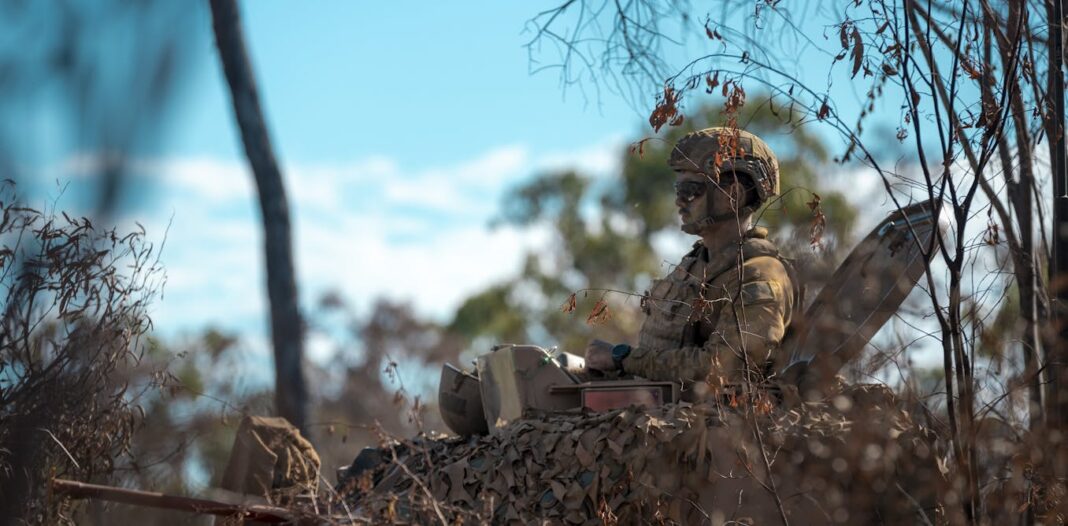What did the Brereton Report reveal?
Recently, the government responded to the Royal Commission into Veteran Suicide. It adopted most of the recommendations designed to better support defence personnel.
It comes four years after other defence news hit the headlines. The Afghanistan Inquiry Report (most commonly known as the Brereton report) detailed credible evidence of 39 murders of Afghan civilians and prisoners by (or at the instigation of) Australian Special Forces members.
The inquiry’s findings rightly sent shockwaves through Australia’s military and Australian society as a whole. Such actions are clearly at odds with the expectations of the Australian Defence Force and the vast majority of Australians.
What improvements have been made?
As detailed in the recent report of the Afghanistan Inquiry Implementation Oversight Panel, the Australian Defence Force has made important changes in response to the recommendations of the Brereton report.
It published an ethics doctrine for all members of the ADF.
There’s also been extensive development and implementation of a coherent and consistent ADF-wide ethics education and training curriculum, which reflects the content of the ethics doctrine.
This replaces the earlier ad hoc measures that were in place.
In many respects, the ADF now reflects international best practice in this regard.
Ethics through simulation
The ADF is one of the largest users of simulation-based training in Australia.
This can be relatively simple, like simulators for infantry shooting training. It can also be highly sophisticated, including simulating operating advanced weapons systems, like the F35 Joint Strike Fighter.
There is potential to leverage this for ethics education and training in a way that avoids it becoming another form of “add-on” mandatory training.
Conclusion
The Brereton report made it uncomfortably clear just how painful military ethical failure can be. The Australian Defence Force has made important changes in response to the report’s recommendations, including publishing an ethics doctrine and developing a coherent and consistent ADF-wide ethics education and training curriculum.
However, there is more to be done. The use of simulation-based training, such as virtual reality and augmented reality, can be a valuable tool in developing ethical decision-making skills. It is essential to continue to invest in this area to ensure that the ADF is equipped to make the right decisions in a rapidly changing and complex world.
FAQs
Q: What is the Brereton report?
A: The Brereton report is an inquiry into the conduct of the Australian Defence Force during the war in Afghanistan.
Q: What were the findings of the Brereton report?
A: The report found credible evidence of 39 murders of Afghan civilians and prisoners by Australian Special Forces members.
Q: What changes have been made by the Australian Defence Force in response to the Brereton report?
A: The ADF has published an ethics doctrine for all members and developed a coherent and consistent ADF-wide ethics education and training curriculum.
Q: What is the purpose of ethics training in the ADF?
A: Ethics training is designed to help ADF personnel make better decisions and act with integrity in a rapidly changing and complex world.
Q: How can ethics training be improved in the ADF?
A: Ethics training can be improved through the use of simulation-based training, such as virtual reality and augmented reality, which can simulate high-stakes scenarios and allow personnel to practice applying ethical principles in realistic, pressure-filled situations.




